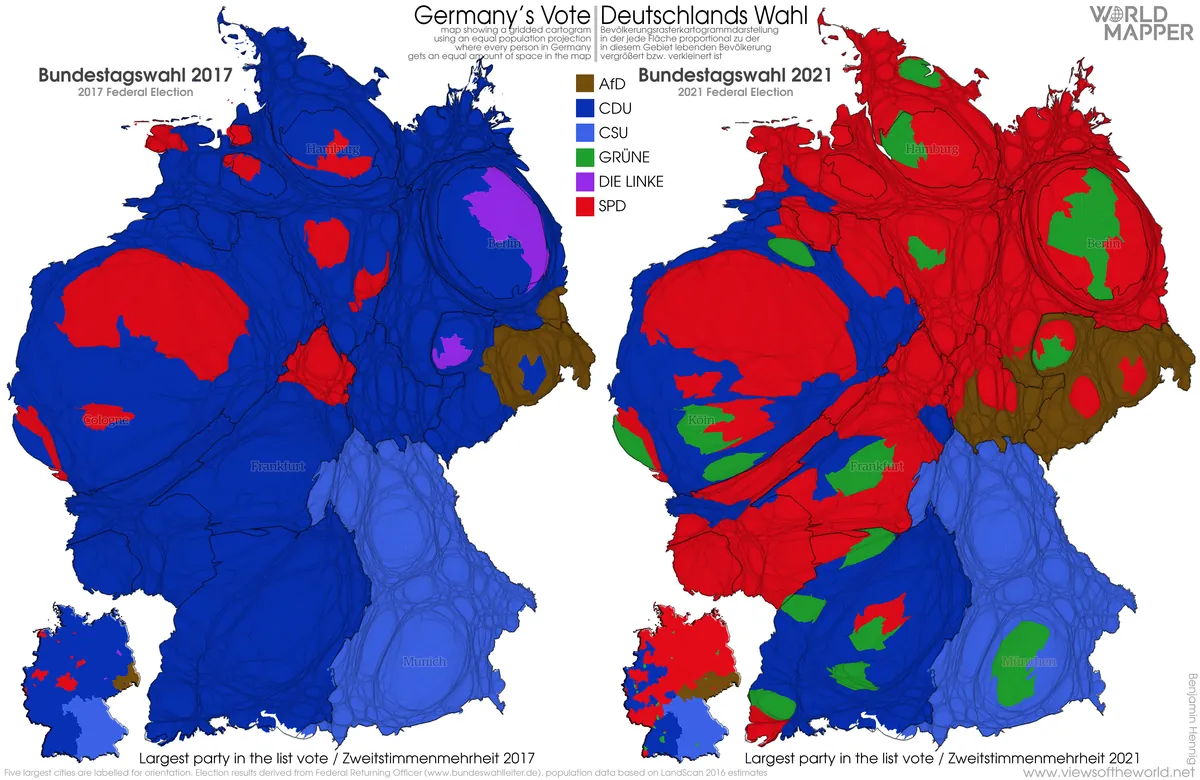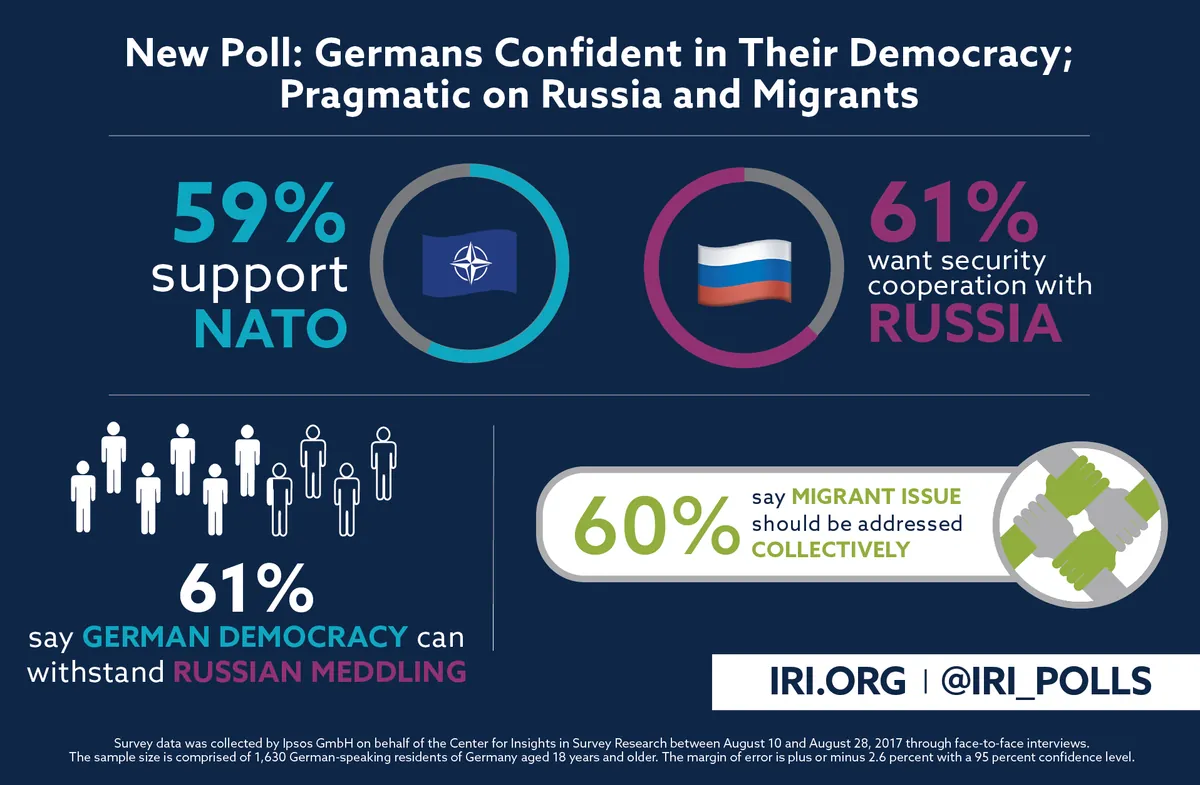German State Elections Shake Coalition, Boost Anti-Establishment Parties
Recent state elections in Germany dealt a blow to Chancellor Scholz's coalition while far-right and leftist parties gained ground. The results may intensify debates on immigration and Ukraine support, potentially impacting European policy-making.

Recent state elections in Germany have significantly altered the political landscape, posing challenges for Chancellor Olaf Scholz's coalition government. The results from Thuringia and Saxony reveal a concerning trend for the ruling parties, with the far-right Alternative for Germany (AfD) and the newly formed leftist Sahra Wagenknecht Alliance (BSW) making substantial gains.
The Social Democratic Party (SPD), led by Scholz, experienced a notable decline, securing only 6-7.6% of the vote according to projections. This outcome underscores the party's struggle to maintain its status as a major political force, despite being Germany's oldest existing political party, founded in 1861.

The Green Party and Free Democratic Party (FDP), junior partners in the federal coalition, faced the possibility of losing representation in Thuringia's state parliament due to failing to meet the 5% threshold. This rule, aimed at preventing political fragmentation, has become a significant hurdle for smaller parties in Germany's mixed member proportional representation system.
In contrast, the AfD achieved a historic victory in Thuringia, marking its first regional election win with 33.2% of the vote. The party, founded in 2013 as a Eurosceptic movement, has been under surveillance by German domestic intelligence since 2021 due to concerns about its far-right ideology.
The BSW, established just eight months ago by former Die Linke member Sahra Wagenknecht, secured between 11.5-15.6% of the vote, outperforming all three parties in Scholz's coalition. This rapid rise highlights the growing appeal of anti-establishment parties across Europe.
These results are likely to intensify debates within the coalition on key issues such as immigration and support for Ukraine. Germany has been a crucial ally for Ukraine since Russia's invasion in 2022, but the rise of parties with more Russia-friendly stances could complicate this support.
The election outcomes may also have broader implications for European policy-making. With France still grappling with forming a government after recent elections, Germany's reduced authority could create a leadership vacuum in the European Union.
Coalition building at both state and federal levels is becoming increasingly challenging. In Thuringia, for example, forming a majority government without involving either the AfD or BSW appears difficult, despite significant ideological differences.
This political fragmentation could have ripple effects in the Bundesrat, Germany's upper house of parliament, where state governments are represented. The complex coalitions forming at the state level may impact national policy-making and potentially affect the federal government's ability to implement its agenda.
As Germany approaches its next national election in 2025, these state election results serve as a wake-up call for mainstream parties. The growing support for anti-establishment movements suggests a desire for change among voters, potentially setting the stage for a more volatile political environment in Europe's largest economy.
"For us it's going to be about asserting ourselves more strongly. Not letting ourselves be led by the nose by parties that have just been kicked out of a state parliament."
The challenge for Scholz and his coalition partners will be to address voters' concerns while maintaining a coherent governing strategy. Failure to do so could further erode support for mainstream parties and potentially lead to more significant shifts in Germany's political landscape in the coming years.


































